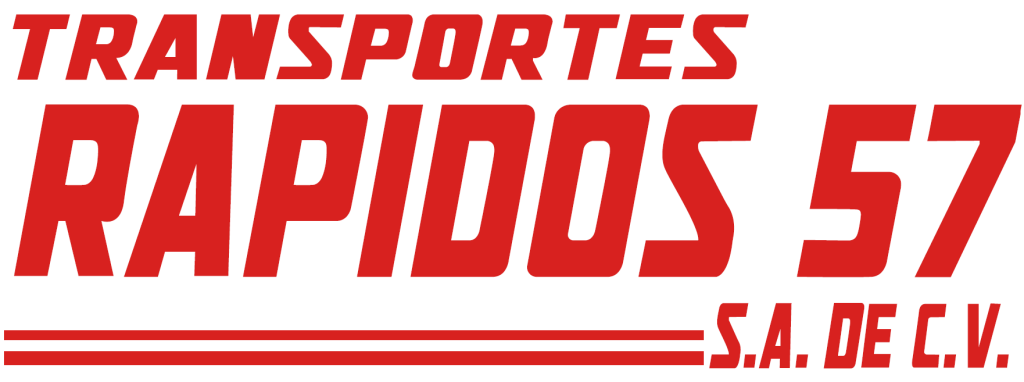To put it simply, smart contracts are self-executed digital contracts with terms and conditions written into code on a blockchain. In the case of some networks, you can copy the code of a smart contract from a software development platform’s depository (e.g. Github). Unlike coins, tokens do not have their own blockchain and are issued on top of existing networks. Unlike coins, tokens are not mined in the process of transaction validation.
- It could be as simple as creating your own website with a website builder.
- Coins versus tokens — just two sides of the same crypto coins?
- But creating a decentralized blockchain isn’t as easy as it sounds.
- Think of them as subsidiary assets that rely on a host blockchain to function.
- In other words, you can create your own cryptocurrency or digital asset without launching a whole blockchain yourself.
- But while fun to conceptualize, meme coins can fall as quickly as they rise.
Cryptocurrencies belong to their own native network; crypto tokens do not. Each blockchain has only one cryptocurrency, but may have hundreds or thousands of crypto tokens. In addition to these traditional uses, some crypto coins can also take advantage of smart contract technology to offer additional features. For example, DASH is an altcoin that acts as a cryptocurrency but also gives holders the ability to vote in a decentralised autonomous organisation (DAO). In terms of price, coins and tokens tend to be valued differently. Bitcoin, for example, is currently the most valuable cryptocurrency, with a market capitalization of over $368 billion.
The terms “coins” and “tokens” are often used interchangeably in the crypto space, but in fact they refer to different concepts. It is easy to confuse them because both fall under the cryptocurrency umbrella term. Basically, cryptocurrency is a digital asset based on blockchain technology, and both tokens and coins fit this definition. A few popular https://www.xcritical.in/ examples of crypto tokens include Tether (USDT), USDC, and Uniswap (UNI). USDT is the largest stablecoin by market cap, providing a way for investors to move into dollars while remaining within the crypto ecosystem. Uniswap is a decentralized exchange That allows users to swap between different tokens without needing a third-party intermediary.
One particular aspect of crypto coins that differentiates them from crypto tokens is how coins are created (proof of work vs proof of stake). Most often, coins are either mined into existence through a process called proof of work (PoW), or created through staking by a proof of stake (PoS) protocol. Crypto tokens are often used as a way to raise funds for projects in initial coin offerings. ICOs have been abused by many parties to fool investors into contributing funds, only to disappear, but many are valid fundraising attempts by legitimate businesses. If you’re considering crypto tokens as an investment, be sure to do your research on the team or company offering them.
Use as a currency
At the same time, each time users make transactions on the network, they pay a network fee, which is spent on rewards. Understandably, many developers want to focus on building their Web3 games, DeFi protocols, or other DApps without worrying about building the blockchain they’ll live on. For all these reasons, developers will often issue tokens rather than full cryptocurrencies. Binance Coin can be used to pay for discounted trading fees, participate in token sales, and access various services and functions in the Binance ecosystem. It also has a limited supply that is periodically burned, creating a deflationary effect that increases its value over time.

This native coin is what you use for paying transaction fees and participating in the network. This native coin is what network participants receive in return for keeping that network secure. The world of cryptocurrency is much bigger today, with a variety of coins and tokens with use cases that go well beyond being a medium of exchange. Many of these cryptos are not necessarily Bitcoin competitors. ERC-20 is the technical standard for fungible tokens created using the Ethereum blockchain, It sets the rules developers must follow for a token to work on Ethereum’s platform. If you’re interested in learning more about how cryptocurrencies are created, check out our guide on new cryptocurrencies.
Popular Crypto Tokens
One key difference between a cryptocurrency coin vs token is that tokens are built on top of a blockchain rather than being native to it. In other words, the difference between a token and coin is that a token can be created in addition to the blockchain’s base layer native coin. This feature also allows for potential interoperability, or the ability for a token to be used on several different blockchains.
You should not construe any such information or other material as legal, tax, investment, financial, or other advice. Nothing contained herein shall constitute a solicitation, recommendation, endorsement, or offer by Crypto.com to invest, buy, or sell any coins, tokens, or other crypto assets. Returns on the buying and selling of crypto assets may be subject to tax, including capital gains tax, in your jurisdiction. Crypto tokens are digital representations of interest in an asset or used to facilitate transactions on a blockchain. They are often confused with cryptocurrency because they are also tradeable and exchangeable. A cryptocurrency is used for making or receiving payments using a blockchain, with the most popular cryptocurrency being Bitcoin (BTCUSD).
Coins primarily serve as a payment cryptocurrency, while tokens, on the other hand, can have a variety of use cases. They can represent an asset, give access to unique services, or even represent a piece of Cryptocurrencies VS Tokens differences digital art. They function like traditional stock assets and provide ownership to the token holders. Holders are also entitled to a share of the company’s profits and a right to vote on its major decisions.
The question of whether to buy coins or tokens is largely dependent upon a holder’s goals. Both can be purchased in the Crypto.com App or on the Crypto.com Exchange with low fees and best execution prices. Browse our data and descriptions of thousands of coins and tokens on Crypto.com Price.
If you’re looking to invest in a cryptocurrency long-term, you may want to invest in a coin like Bitcoin or Ethereum. To better understand this concept, let’s compare it to fiat currencies. The US Dollar, for example, is a fiat currency that is not backed by any physical commodity. The US Dollar is also a centralized currency, which means that it is managed by a central authority (the Federal Reserve). Bitcoin, for example, is a coin because it has its own blockchain (known as the Bitcoin blockchain). Ethereum, on the other hand, is a token because it runs on the Ethereum blockchain.
Popular Crypto Coins
In short, this fungible token standard allows users to create, issue and manage currencies supported by Ethereum. It actually fueled the ICO craze of 2017, with countless projects launching their own tokens on the blockchain. Since then, the standard has only expanded, adding ERC-721 tokens (non-fungible tokens) and ERC-1155 tokens (semi-fungible tokens) too. Cryptocurrency exchanges allow customers to trade cryptocurrencies[98] for other assets, such as conventional fiat money, or to trade between different digital currencies.

Many are legitimate efforts to raise funds for projects or startups. Between 2012 and 2016, crypto token creation and ICO increased until 2017—token offerings skyrocketed as investors seemed to become aware of them and the possible increase in value they promised. Although there were cryptocurrencies that forked from Bitcoin and Ethereum previous to the 2017 ICO boom, the first recognized ICO and token was Mastercoin. Today, multiple blockchains support fungible and non-fungible tokens, such as Solana, Cardano and Tezos. On a very simple level, coins offer the basis of a secure network, while tokens allow for blockchain apps and platforms to build upon that base.
This means that they have the potential to generate more enormous profits in a shorter period. Other examples of coins include Litecoin, Ethereum, and Bitcoin Cash. Since each individual’s situation is unique, a qualified professional should always be consulted before making any financial decisions. Investopedia makes no representations or warranties as to the accuracy or timeliness of the information contained herein.
Put simply, tokens are currencies (or other types of assets) supported by a specific blockchain, but they aren’t the native coin of the network. If that sounds complicated, let’s dive into how that works in practice. Coins refer to any cryptocurrency that has a standalone, independent blockchain — like Bitcoin. Put simply, if the cryptocurrency runs on its own blockchain, then it is a coin.
Equity tokens are issued through an equity token offering (ETO) process. This is usually done through an initial coin offering (ICO) where coins are sold to the investors. After the launch of the project, tokens serve as their currency and provide customers with access to various features.
